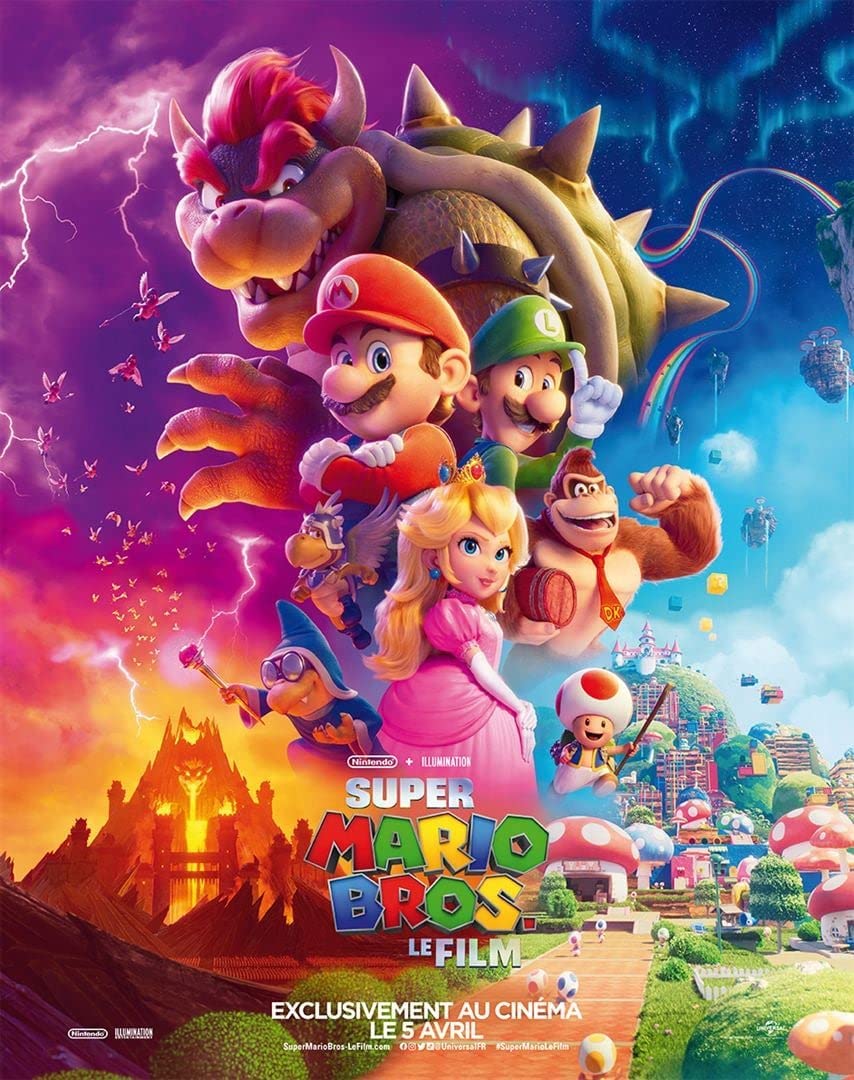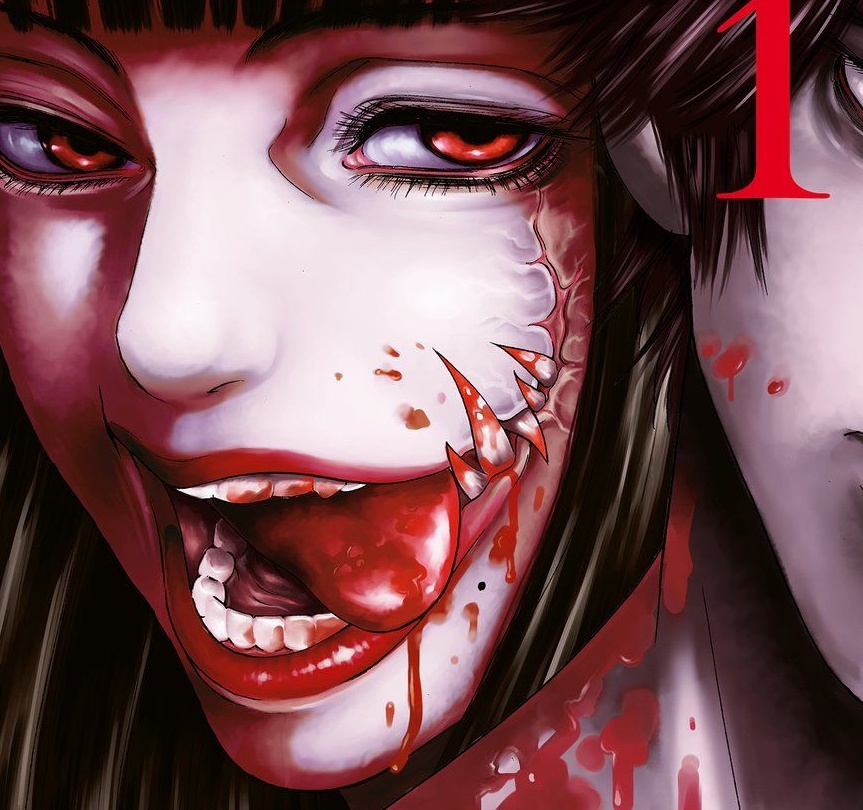Initially planned to be released in theaters, Little Zombies finally ends its run on OCS. However, Makoto Nagahisa's film is a real pop success, especially for a first feature film. Focus on this Japanese film which has two nominations at the Sundance Film Festival.
Little Zombies: A Modern Look at Society
The story is quite simple. Little Zombies tells the story of how a group of dysfunctional young children, whose parents are dead, decide to start a band. Rather than falling into sadness, they live life to the fullest. Little Zombies is a visual film, which relies most of its springs on image and sound. Through an extremely generous, extravagant, even sometimes exhausting staging, Makoto Nagahisa signs a work in accordance with his time. Through a frantic pace, the filmmaker approaches modern society, that of the moment T and the ephemeral. It addresses a world that is increasingly connected, technological, and yet disconnected from reality, feelings, emotions and the whole human aspect.  With Little Zombies, Makoto Nagahisa criticizes the dangers of a fully connected society, the dangers of early stardom, social networks, and the exploitation of a youth who does not necessarily realize reality. It also highlights a disillusioned youth, outdated, but above all jaded, who no longer feel, and is content to evolve on one side or the other of the screens. Through a lack of reaction and dramatization of the context, this youth is also disconnected from life and death.
With Little Zombies, Makoto Nagahisa criticizes the dangers of a fully connected society, the dangers of early stardom, social networks, and the exploitation of a youth who does not necessarily realize reality. It also highlights a disillusioned youth, outdated, but above all jaded, who no longer feel, and is content to evolve on one side or the other of the screens. Through a lack of reaction and dramatization of the context, this youth is also disconnected from life and death.
An extremely generous pop work
But it's also a rebel movie. Little Zombies tells how this group of gifted young people will break the codes, will have fun, and overthrow the city , society, art, for a few days. It is a profoundly adolescent work, which wants to break codes, norms, through an interesting story of societal emancipation. For his first film Makoto Nagahisa is still, admittedly, a little clumsy, but exudes spontaneity and generosity. A film in the image of lost adolescence, with its flaws and qualities. He imposes a lot of creativity in his staging that touches everything. The filmmaker tackles all the influences of his childhood: television, video games, cinema, bad food, with a very personal vision. Little Zombie is thus a hybrid film, which accumulates genres and influences, to the point of excess, and asphyxiation. The feature film thus offers various and varied sequences, organized in the form of chapters.  Little Zombies then transmits passages in black and white, others in animation, musicals, moments in the form of video games (with pixels and 8 Bit to the key), explosions of the fourth wall, asides, slow motion, changes in calibration, angle or format or scenes shot on the iPhone. A delightful visual and sensory mix that makes sense, and that allows for a true cinema experience. Makoto Nagahisa thus shares a generosity of all moments, and a deeply meta film on today's society. And if its staging is sometimes bloated, it is also surprisingly mischievous, and reflects the soul of a big kid who wants to make cinema with his dreamers' eyes. It's colorful, endearing, funny, and dynamic, but also a little too eccentric, and the exercise is sometimes too long. And this is ultimately the only real downside of the work. Too much time, despite a real desire to do well. In any case, Little Zombies is available on OCS from June 23, 2021, and it's definitely worth a visit! https://youtu.be/aK70hewb6hw
Little Zombies then transmits passages in black and white, others in animation, musicals, moments in the form of video games (with pixels and 8 Bit to the key), explosions of the fourth wall, asides, slow motion, changes in calibration, angle or format or scenes shot on the iPhone. A delightful visual and sensory mix that makes sense, and that allows for a true cinema experience. Makoto Nagahisa thus shares a generosity of all moments, and a deeply meta film on today's society. And if its staging is sometimes bloated, it is also surprisingly mischievous, and reflects the soul of a big kid who wants to make cinema with his dreamers' eyes. It's colorful, endearing, funny, and dynamic, but also a little too eccentric, and the exercise is sometimes too long. And this is ultimately the only real downside of the work. Too much time, despite a real desire to do well. In any case, Little Zombies is available on OCS from June 23, 2021, and it's definitely worth a visit! https://youtu.be/aK70hewb6hw















![[Live Report] Rock En Seine 2024 : 20 ans et toujours aussi passionnés !](https://www.justfocus.fr/wp-content/uploads/2024/11/RES24_JOUR01_LANA-DEL-REY_LOUIS-COMAR-12.jpg)




















